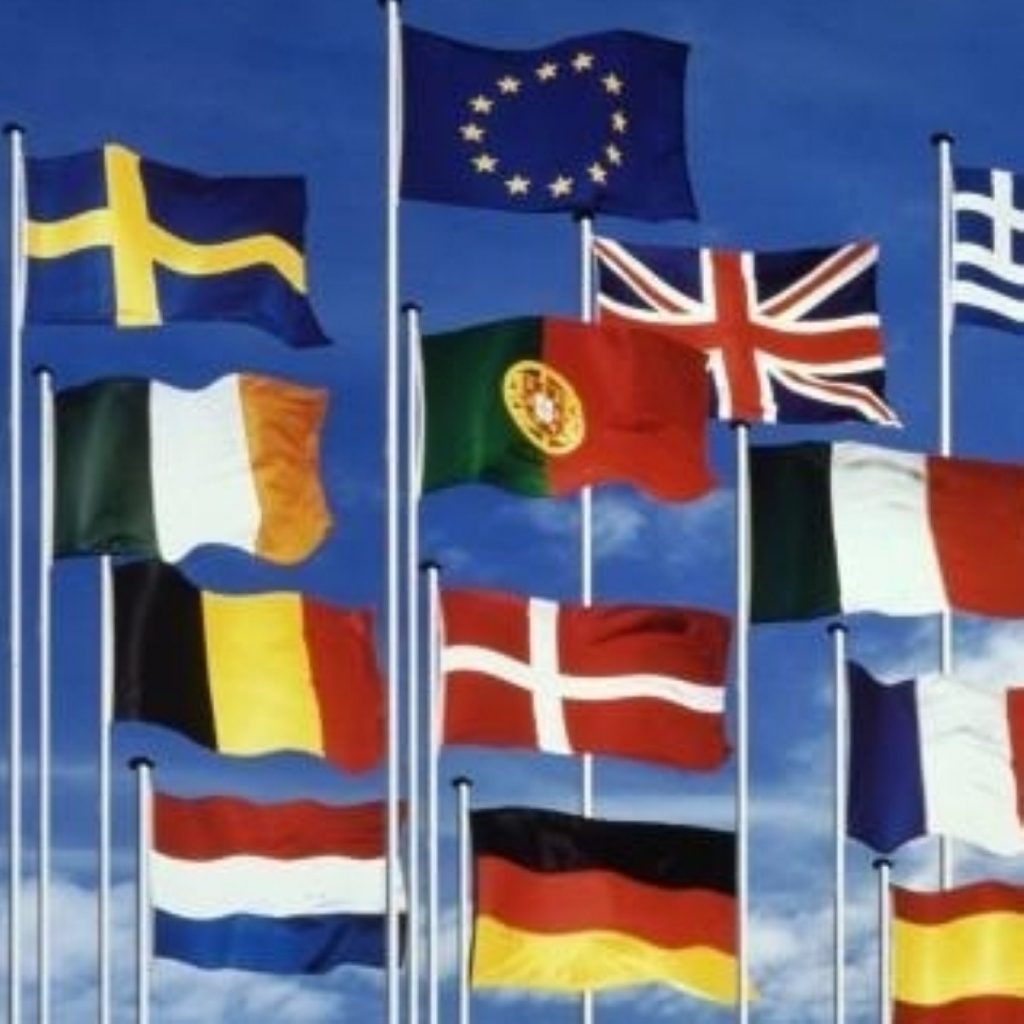Peers back further EU enlargement
European Union (EU) enlargement has benefited the UK economy and politicians must make clear their support for allowing more countries to join, peers have argued.
A new report from the House of Lords EU committee says European politicians have failed to explain the benefits of ten new states joining in 2004 to their voters, which is causing public support for enlargement to fall.
Although a recent Eurobarometer poll showed more people (46 per cent) back enlargement than oppose it (42 per cent), the margin is getting smaller. Last autumn, 49 per cent of Europeans backed enlargement compared to 39 per cent who opposed it.
Concerns focus on the effects of immigration from new members to the dangers of unstable borders. Turkey is particularly controversial, with a number of states including Germany opposed to membership anytime soon.


But today’s report argues that bringing more countries into the EU would benefit the whole continent, and says in particular that Turkey and the western Balkan states such as Albania, Bosnia and Serbia should be allowed to join.
The report is likely to be welcomed by the government – earlier this month Europe minister Geoff Hoon said the EU would be “incomplete” without these countries.
A number of European politicians have called for a “pause” in EU enlargement after the accession of Romania and Bulgaria – which join on January 1st – particularly because of the failure of the European constitution last year.
This would have amended the Nice treaty, which sets out how the EU is run to a maximum of 27 members. Any further enlargement, for example with Croatia, which began its negotiations for membership last year, would need a change in the rules.
Today’s report says politicians should accept that the constitution – which was rejected by voters in France and the Netherlands last year – is dead. And it calls on them to bring in new ways of working with a larger membership.
Crucially, the committee says arguments about enlargement slowing-up decision-making in the EU are not backed up by the evidence and should not be used to block new members. Instead, European politicians should champion the benefits they could bring.
“The last round of enlargement brought countries from eastern Europe into the EU and all the evidence suggests their inclusion has had a beneficial effect on their own economies and those of the established EU members,” said chairman Lord Grenfell.
The peers say the western Balkan countries should be given a “credible” prospect of membership and EU states should help them achieve the conditions for joining with extra money and expertise.
Lord Grenfell said: “The risk of the Balkan region becoming destabilised again and the pressure this would place on the EU and western European countries should motivate current member states to keep the door open to the western Balkans.”

